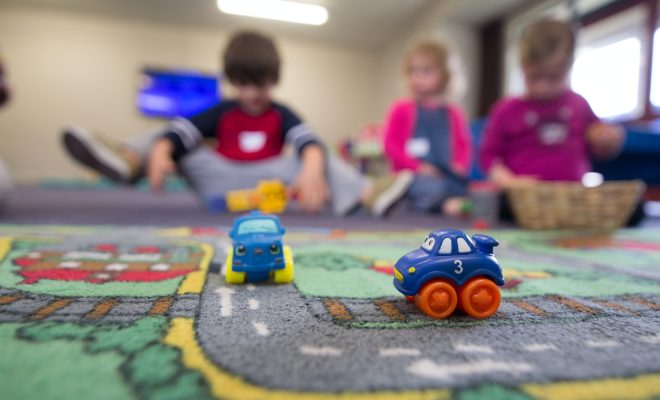Innovation vs. memorization: What kind of educational system should we strive for?

**The Edvocate is pleased to publish guest posts as way to fuel important conversations surrounding P-20 education in America. The opinions contained within guest posts are those of the authors and do not necessarily reflect the official opinion of The Edvocate or Dr. Matthew Lynch.**
A guest post by Taylor Schaefer
Asian countries have topped the list of global school rankings in math and science out of 76 countries in a recent report released by the Organization for Economic Co-operation and Development (OECD). ‘Universal Basic Skills: What Countries Stand to Gain’ ranks countries by averaged math and science test scores. Singapore, Hong Kong, Korea, Japan and Chinese Taipei took the top five spots while the United States falls behind at 29th.
Using this study, OECD seeks to show the link between education and economic growth. OECD’s education director Andrea Schleicher stated, “The idea is to give more countries, rich and poor, access to comparing themselves against the world’s education leaders, to discover their relative strengths and weaknesses, and to see what the long-term economic gains from improved quality in schooling could be for them.”
While a high standard of education is often used as an indicator for economic growth of a country, the OECD report does not accurately reflect these numbers. Norway and Qatar have two of the highest GDP per capita in the world yet Norway ranks fairly average on the OECD scale (25th) and Qatar ranks near the bottom (68th). How can we explain this phenomenon? While education plays an important role in the overall development of a country and individual growth, there are clearly other factors influencing economic development.
What should we take away from the OECD report? Should the world begin to conform their educational systems to meet the standards of the Asian countries? Are mathematics and science the only subjects that can measure a nations ability to achieve greater educational attainment? Just like there are other variables to consider in measuring economic development there are other important aspects to consider when measuring educational progress.
China is known for its rigorous educational system and is recognized globally for its dominance of standardized testing and educational strength. However, most of these test scores reflect the students ability to memorize and master a narrow amount of information A large amount of time and effort is used to attain these goals, for example, Chinese students often average around 14 hours of homework a week while US students average six hours a week. While this style of learning may be useful for achieving higher test scores, it often has short-term outcomes.
A United Kingdom teacher, Anthony Seldon, recently criticized the OECD tables stating, “They are skewing schools and national education systems away from real learning towards repetitive rote learning.” Many other scholars also question the direction in which global education systems are headed. Systems centered around testing are argued to severely diminish creativity and innovation. Chinese author Yong Zhao discusses the problems involving the Chinese educational system and its inability to encourage creativity and diverse talent. Statistician Howard Steven Freidman also stated that China will need to integrate teaching styles that support creative problem solving rather than memorization.
The United States’ increased focus on standardized testing has shown they are already taking steps towards adopting similar education methods to Asian countries. However, heavy backlash has come from teachers and parents across the country against the new “common core” approach and heavy testing for students. This response seems appropriate when examining some of the most prominent thinkers in history. It is important to acknowledge the great innovators of the past and the present who helped improve the lives of others and contributed to all aspects of development. Intelligence is diverse; moving towards an educational system that forces student’s minds to work in one way not only hinders student’s capabilities but will also have negative repercussions on future development.
_____
Taylor Schaefer is a current graduate student at University of Central Florida studying Political Science. After traveling to more than a dozen countries, Taylor seeks to use her interests in global affairs and human rights to contribute to developmental efforts around the world.






